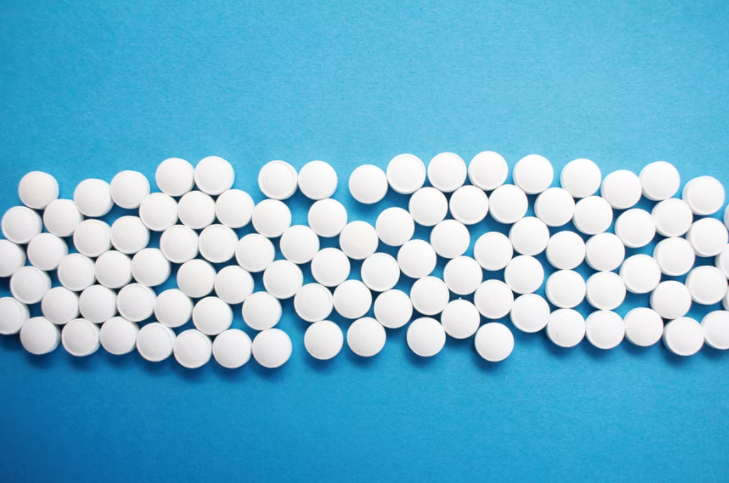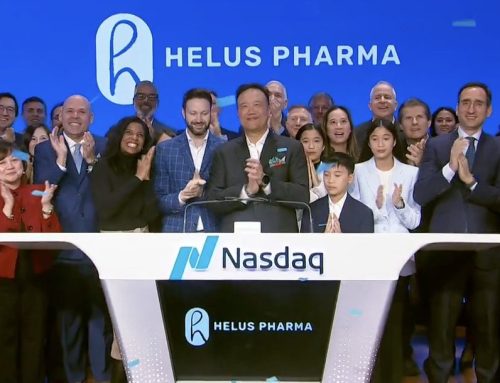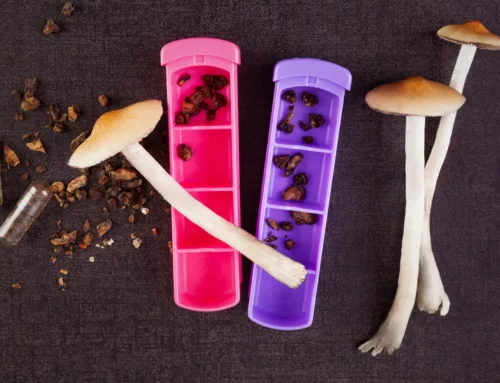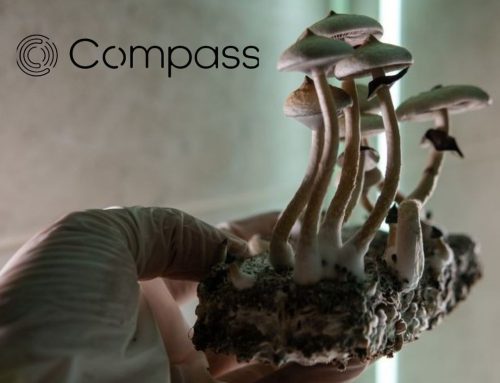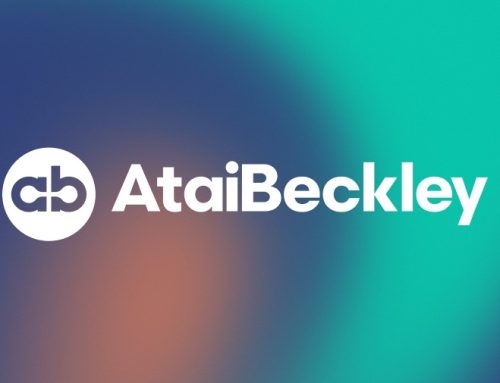FDA Consideration of Psilocybin Therapy Could Impact Millions of Depression Patients
LOS ANGELES- Recent research suggests that the active ingredient in psychedelic mushrooms, psilocybin, may offer significant benefits for individuals struggling with depression, pending approval from the U.S. Food and Drug Administration (FDA). With roughly one in 10 American adults experiencing depressive illness annually, the potential for psilocybin therapy to alleviate symptoms has garnered increasing attention.
Psilocybin has shown promise in treating major depressive disorder, with studies suggesting that just two doses could provide relief for up to a year. Although the FDA has not yet approved psilocybin-assisted therapy, several breakthrough therapy designations have been granted for its use in treatment-resistant depression. This condition affects individuals who have not responded to at least two types of antidepressants.
According to a recent study published in Psychedelics, an estimated 5.1 to 5.6 million Americans could be eligible for psilocybin therapy if the FDA grants approval. This number could rise if people currently untreated for depression seek this therapy. Study co-author Dr. Charles Raison, a professor of psychiatry at the University of Wisconsin-Madison, emphasized that while the research is an important step, the full public health impact of psilocybin therapy remains to be seen.
The findings also highlight potential challenges related to insurance coverage, the availability of trained professionals to administer the therapy, and the specific criteria the FDA may impose for treatment eligibility. Additionally, many individuals eligible for psilocybin therapy may also have substance abuse issues, further complicating treatment rollout.
The extent to which the therapy becomes widely accessible will depend on regulatory approval, insurance policies, and the healthcare system’s ability to support its implementation.











